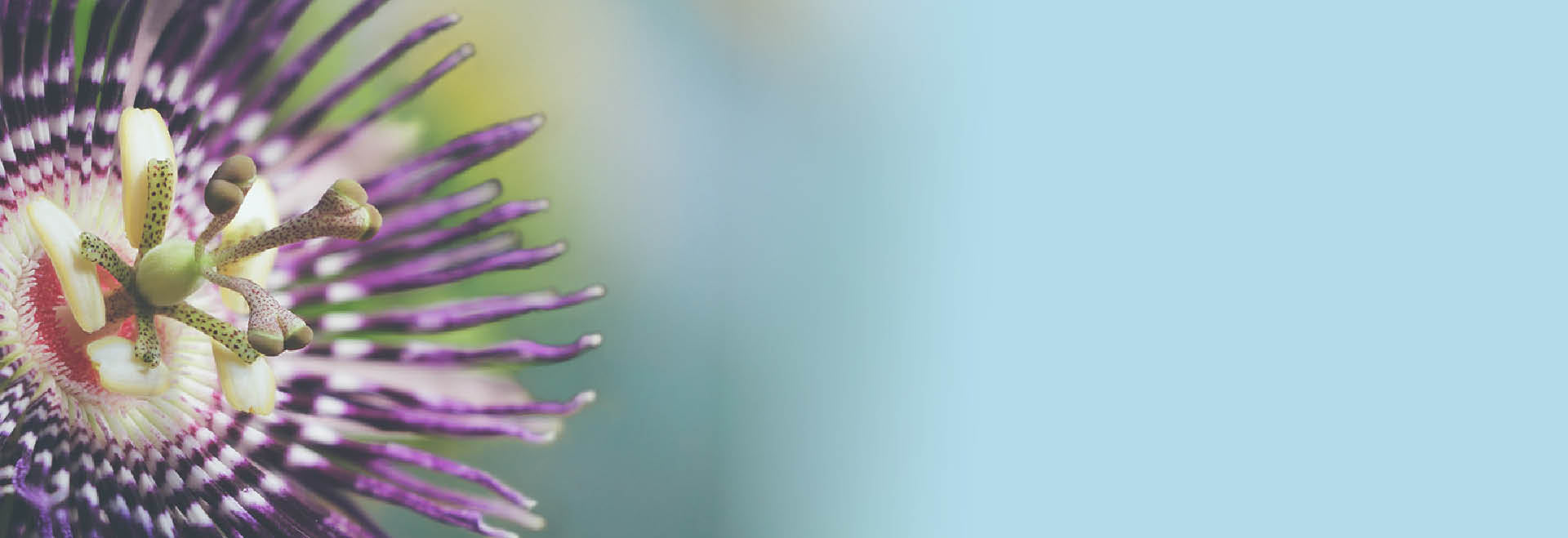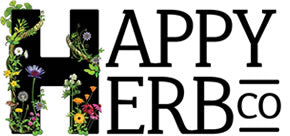
Herbs for Alcohol Withdrawal
Did you know that herbs can help you break your habits in a healthy way?
Do you want to quit drinking? Maybe you just want to have a break, or maybe it’s time for a liver detox. Perhaps your dependance is more deeply rooted, and poses a serious problem in your life. If alcohol consumption has become a regular habit, it can take a toll on many aspects of your life, your health and your wallet as well.
From providing alternatives in a social context to helping curb cravings and easing withdrawal symptoms, herbs can lend a hand and offer a healthier option. When you want something to boost your mood or to help you relax after a hard days’ work, there are many herbal options than can fill that gap that you might be filling with alcohol or other substances.
Herbs are also excellent allies when it comes to detoxing. Your liver is the organ most at risk of bearing the burden of alcohol use – and this is one area where herbs excel.
Read on to find out the many ways that herbs can be of service on your journey towards being alcohol free!
HERBS FOR WITHDRAWAL & NERVOUS SYSTEM SUPPORT
Damiana (Turnera aphrodisiaca) is an amazing relaxing and mood-enhancing herb that can be drunk as a tea, taken as a tincture or liquid extract (or even smoked if that’s your thing). Famous as an aphrodisiac, it can definitely help you find that happy place! Damiana was traditionally used in Mexico as a hypoglycemic agent to lower blood sugar levels in diabetics, and its diuretic action helps to flush the kidneys of unwanted toxins. Damiana tea is also an excellent replacement for alcohol in social situations, and it has been traditionally used in Brazil to reduce alcohol cravings.
Passionflower (Passiflora incarnata) and Skullcap (Scutellaria lateriflora) are both sedating herbs that can be drunk as a tea or taken as a tincture. They both are known for their ability to relax and tone the nervous system, relieving tension and anxiety. In Chinese medicine, Skullcap is considered excellent for cooling the mind, liver and lungs. For this reason it promotes a state of meditation and calms an over-active mind. Passionflower induces restful sleep without grogginess the following day. Both of these herbs are used specifically for reducing withdrawal symptoms.
Catnip (Nepeta cataria) and Lemon Balm (Melissa offinialis) are also gentle relaxants that support the nervous and digestive systems. They are also both great choices for colds and flus, as they both can help clear the head and flush out a fever. These herbs have an uplifting quality that can ease depressive moods.
Saint John’s Wort (Hypericum perforatum) and Oat straw (Avena sativa) are both nerve tonics with an antidepressant action. Oat straw is very nourishing and strengthening to the nervous system. St. John’s Wort helps to restore nerve damage and ease nerve pain, is a wound healer, and is used as an antidepressant; however, avoid when taking pharmaceutical antidepressants.
Hops (Humulus lupulus) is another sedative herb to relieve anxiety and nervous tension. It can aid sleep as well as digestion. However, it is not recommended for people with marked depression.
Valerian (Valeriana officinalis) is a powerful sedative, antispasmodic and pain reliever. It is used for insomnia, anxiety, tension and stress. It is very helpful for relieving the physical tension & body pain associating with stress (including the stress of withdrawal). It can relax and reduce the pain of muscle cramps, as well as intestinal or menstrual cramps.
Kava (Piper methysticum) is a potent anti-anxiety herb, mild sedative, skeletal muscle relaxant, hypnotic, mild analgesic, and a local anaesthetic to mucous membranes. Kava is safe and non-addictive so it is beneficial to addicts that suffer from anxiety, nervous tension, restlessness, sleeplessness, and depression. Unfortunately, Kava is a restricted herb in Australia, which means you cannot buy the raw plant material, only pill form. Use of Kava with central nervous system depressants such as alcohol, barbiturates or benzodiazepines may increase the risk of drowsiness and motor reflex depression. So, don’t use it if you’re still drinking!
DETOXING HERBS FOR THE LIVER & BLOOD
Dandelion Root (Taraxacum offinale), Artichoke Leaf (Cynara scolymus) and Milk Thistle (Silybum marianum) are excellent herbs to cleanse and strengthen the liver when recovering from long-term alcohol use.
Burdock Root (Arctium lappa) and Red Clover (Trifolium pratense) are blood cleansers that start the gentle process of cleansing toxins out of your blood and body. Drink plenty of water to assist your body in the detoxification process.
Apple Cider Vinegar is another natural way to stimulate your liver, digestive system and alkalise your body. Mix 1-2 tsp of unpasteurised, organic ACV in 1 cup of water, drink before meals, 3 times daily for best results. If you are doing a detox this July, this is a great drink to include in your regime.
HERBS TO OVERCOME CRAVINGS
Gymnema (Gymnema sylvestris) is an amazing herb to regulate blood sugar – many people are surprised by how much of their alcohol habit is really a secret sugar addiction!
Kudzu (Peuraria lobata) is one of the oldest known herbal medicines, used in Traditional Chinese Medicine for reducing the craving for alcohol and as a hangover cure. A recent Harvard Medical School study corroborates this use.
NUTRITION
The majority of people with an addiction to alcohol are also suffering from low blood sugar (hypoglycemia). To balance blood sugar levels (and therefore reduce alcohol cravings), it is recommended to:
– Avoid all sugars (including corn syrup and fruit juice concentrates)
– Reduce the intake of refined carbohydrates (white bread/pasta)
– Increase the intake of complex carbohydrates (whole grains/fresh veggies)
– Increasing protein, as well as B complex and C vitamins may also be recommended.
Caution:
If you are an alcoholic, quitting is a serious undertaking, and professional assistance is advisable. If you are interested in trying herbs to assist with your addiction recovery, consult your doctor as some herbs may interact and inhibit the effectiveness of other medications you may be taking. Speak to a GP and a professional Herbalist of TCM practitioner for more information on which herbs may best suit your needs.
References
References
David Hoffman (2003), Medical Herbalism
Michael Tierra (2008), Planetary Herbology
Matthew Wood (2008), The Earthwise Herbal
Ray Thorpe (2000), Happy High Herbs
Penetar, D. Drug and Alcohol Dependence, published online May 16, 2012.






